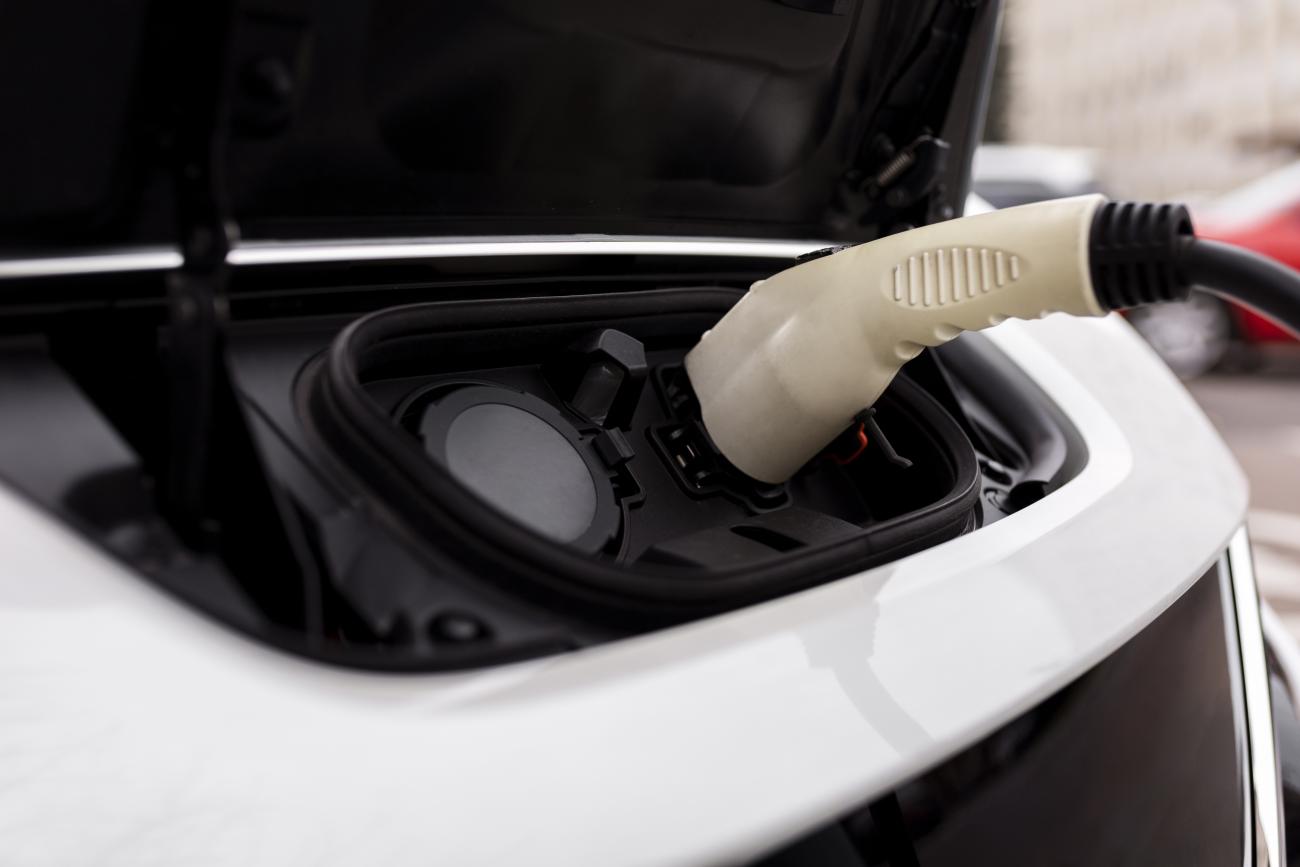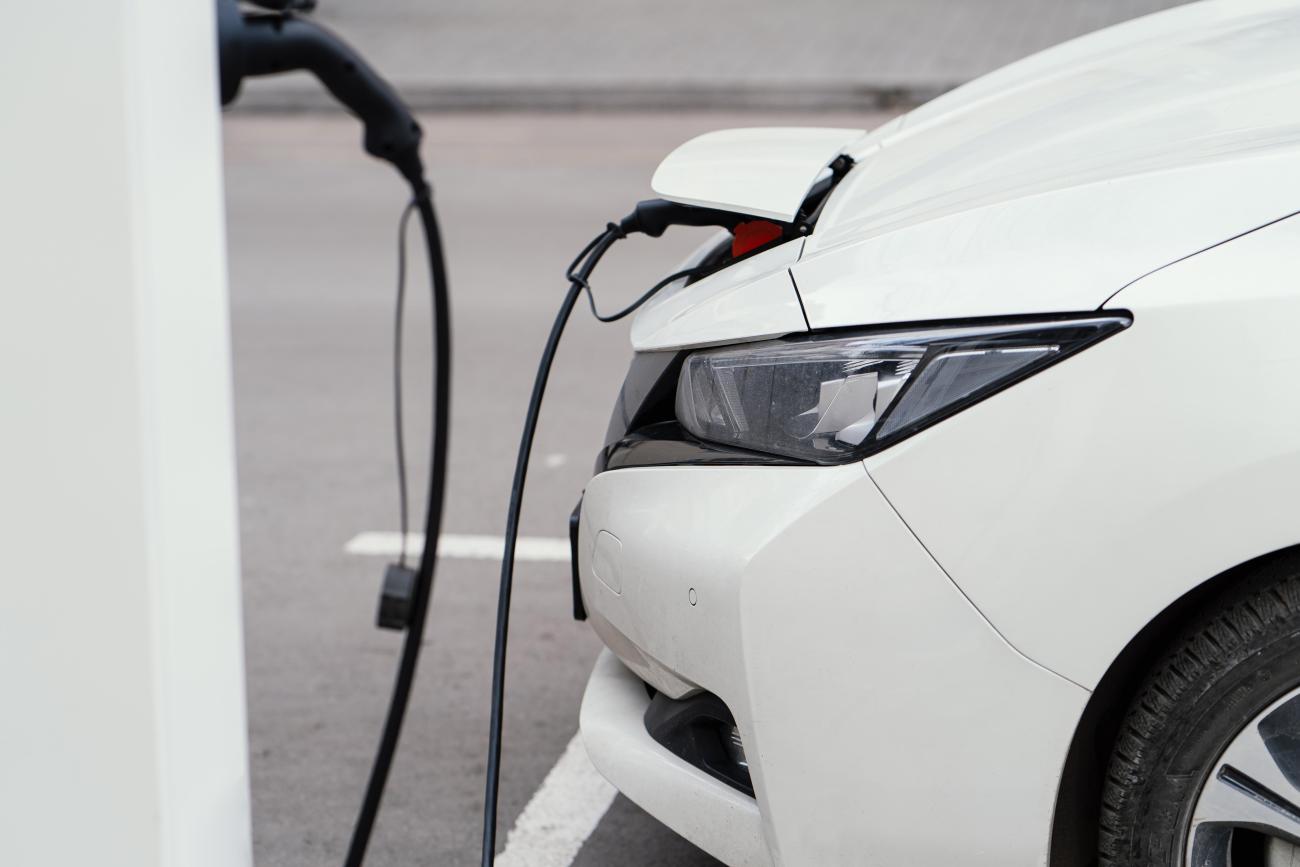Millions of Britons could miss out on the benefits of falling prices for electric vehicles (EV) because they live in “charging-point deserts”, an ECI expert has warned.
The number of public charging points for electric cars soared by nearly half last year as the UK prepares for a ban on the sale of new petrol and diesel vehicles.
The change in government means it will now be rolled out in 2030, five years earlier than it was under the Conservatives.
In an interview with iNews, Prof Christian Brand, Professor of Transport Energy and Climate Change at the ECI and the Transport Studies Unit at the University of Oxford, said:
The UK is making strides in expanding its electric vehicle infrastructure, but there is a real risk of creating a postcode lottery where access to charging points varies significantly across regions and whether people live in flats and terraced housing or in homes with driveways. And rural areas often have fewer charging points, leading to concerns about charging deserts.”

While the extra charging points are a boost for EV owners, the government’s own climate change adviser has warned far more need to be installed to match targets if electric vehicles are to lead the charge to net zero. With a total of 64,632 public charging points across the UK, against a Government target of 300,000 by 2030, provision is far too low across the entire country.
There is also a town and country divide, with 83 per cent of public chargers based in towns, cities and suburbs, and just 7.5 per cent in villages and the surrounding countryside, the figures show.
The lack of charge points will cause at least some difficulties for most people living in the areas with the lowest provision. But for those living in terraced housing – or other accommodation without a driveway in which to recharge their cars – the problem will be considerably worse.
This disadvantage is partly about practicality and cost, as these households are not able to take advantage of the much lower price of home charging.
Public charge points – found in residential streets, car parks, petrol stations, roadsides, service stations, supermarkets and other retail outlets – typically cost two to three times as much and can be up to 20 times as expensive.
Prof Brand added:
This is a significant concern. Without targeted investment and innovative solutions such as community charging hubs, kerb-side charging and affordable fast charging across the country, residents in rural and less affluent urban areas may find it challenging to transition to electric vehicles.”
Professor Brand, who is also co-director of the UK Energy Research Centre, estimates the number of people who will struggle to switch to EVs due to inadequate levels of public charging infrastructure this decade will run into the “millions”.
Addressing these disparities now is crucial to ensuring an equitable and effective shift to an electric and greener future in personal mobility."
He says that “range anxiety” – fear of batteries running out – is decreasing as they become more powerful. “But it has been replaced by ‘will there be a working charger that is available and compliant with my charging system and app?’ anxiety.”
Read the full article in iNews (paywall): Cheaper EVs could be pointless for millions who live in charge-point blackspots


